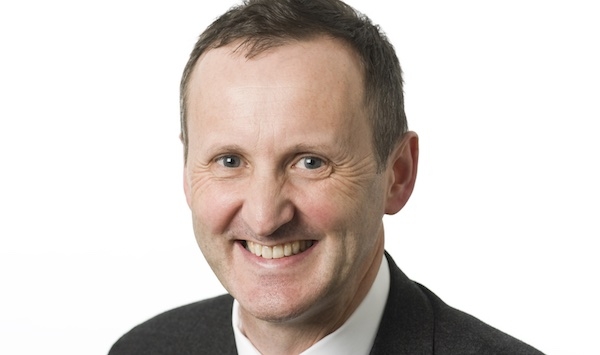The FCA has secured High Court Approval to return £3.42m to victims of a Ponzi scheme couple who ran a series of unauthorised deposit taking and collective investment operations.
The schemes were run by Samuel and Shantelle Golding and their companies Digital Wealth Limited - also known as Digital Wealth Society (DWS) and Outsourcing Express Limited (OEL) - also known as Kerchiing.
Between 2015 and 2017, the schemes claimed to be involved in the online purchase of wholesale goods from China. They claimed the goods were for onward sale and promised unrealistically high returns, in some cases up to 100% of the amount invested, the FCA said.
However, despite the promises no significant trading was conducted and the schemes relied on a continuous flow of new investors to fund existing investors’ returns, a typical Ponzi scheme ruse.
Scheme operators Samuel and Shantelle Golding admitted to the court they were personally involved in the contraventions.
Their schemes raised just over £15m from over 1,000 individual accounts. Of the £15m raised, £9.25m was paid out to investors as returns but the defendants spent about £2.7m, including significant sums on travel, hotels and retail goods.
The FCA says it took “immediate enforcement action” on learning about the schemes and prevented the disposal of the remaining funds.
Despite this action, a shortfall of £3,285,413 was identified in the DWS deposit taking scheme and £834,402 in the OEL collective investment scheme.
The FCA has so far recovered £3,428,612.42, from various bank accounts containing the proceeds of the schemes, which will now be returned to 356 qualifying investors in the DWS scheme and 250 qualifying investors in the OEL scheme.
Mark Steward, executive director of enforcement and market oversight at the FCA, said: “The FCA took action as soon as it became aware of these illegal schemes, preventing further losses to future investors who would be unable to exit the scheme before it inevitably collapsed.
“In this case, we managed to save some money for investors: too often it is too late. These firms were not authorised by the FCA and as we always say to consumers, if a scheme looks too good to be true, do not invest.
“We have worked very hard to identify people eligible to receive compensation from these schemes and are pleased to have been able to recover and return some of their money.”

